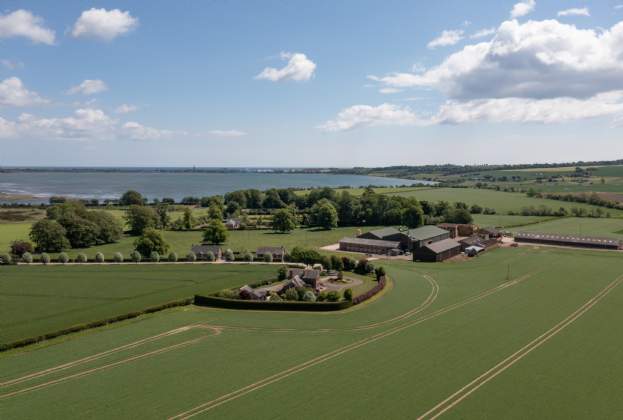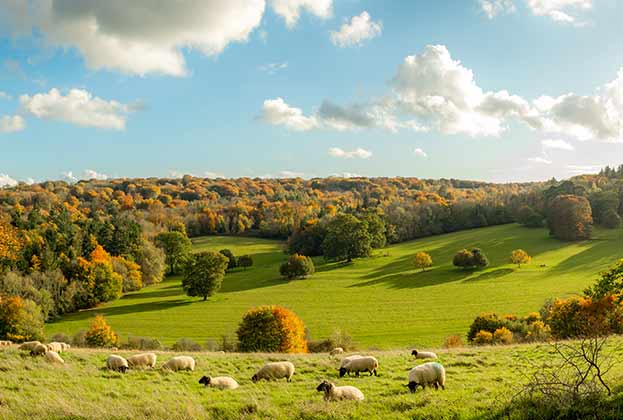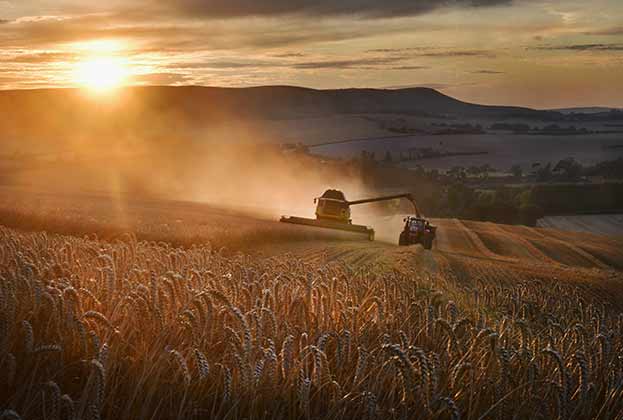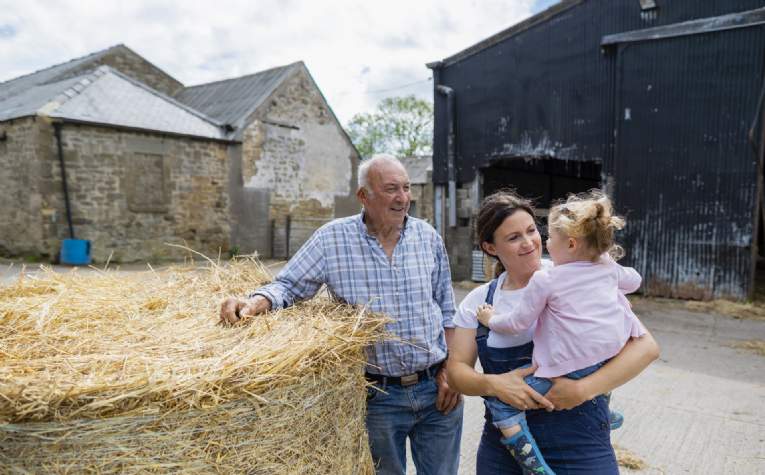Of the £20 billion expected to be spent by UK households on Christmas, over one fifth will go on food and drink, with 76 per cent of families having a roast turkey as the centrepiece of the Christmas meal, just as generations have done before them. Today, this most popular of Christmas traditions is part of a traceability transformation that hopes to give festive families of the future more information about their food.
An experiment in the US has utilised blockchain technology to allow some consumers to pinpoint the farm from which their Thanksgiving turkey was reared. Now, as part of a pilot scheme, US food producer Cargill hopes to explore the technology to satisfy consumer demand for increased traceability within the food sector.
With 65 per cent of British consumers claiming the origins of their food are important to them, will UK producers soon follow suit? More importantly, should they?
Moving with the times
While synonymous with cryptocurrencies and digital banking, blockchain has the potential to create an entirely transparent digital ledger that is freely available to the public. When applied to the food industry, both producers and consumers have the potential to track their produce from farm to fork.
With recent Salmonella and E. Coli outbreaks in the US linked to turkey and Romaine lettuce respectively, advanced traceability technology appears attractive. Applied on a large scale, such outbreaks would likely require significantly less time, effort and resources to resolve and avoid potential extensive damages to business and public health.
Blockchain is, however, only as reliable as the entity that creates it; data can be manipulated or even excluded just as easily in the digital age as it has been in the past. In the age of supermarkets and quick convenience it is easier to forget the smaller, local businesses who have no need of traceability technology due to the absence of a long, complex supply chain. Ultimately, these enterprises are the simplest solution for those looking to guarantee the provenance of their produce.
Back to the good old days
The introduction of blockchain technology in the food sector is likely in response to increasingly conscientious consumers who now considers the history behind their sustenance in more detail.
Food quality is the main focus when it comes to the checkout and, despite a relatively broad definition, it is apparent traceability is increasingly incorporated within that. It is therefore unsurprising that four in 10 consumers have already been to a farm shop, with 47 per cent intending to do so in the future given that the food source is near indisputable.
Farming enterprises are increasingly looking to capitalise on this with farm shop numbers tripling between 2004 and 2017. However Savills Research indicates that only 12 per cent of businesses have diversified into this area. Yet with farm shops often promising fewer food miles, assured provenance and a greater range of products, it is obvious the local producer still has a significant role to play despite the advent of blockchain technologies.
Further information
Contact Savills Rural Research

.jpg)
.jpg)
.jpg)

.jpg)


.jpg)

